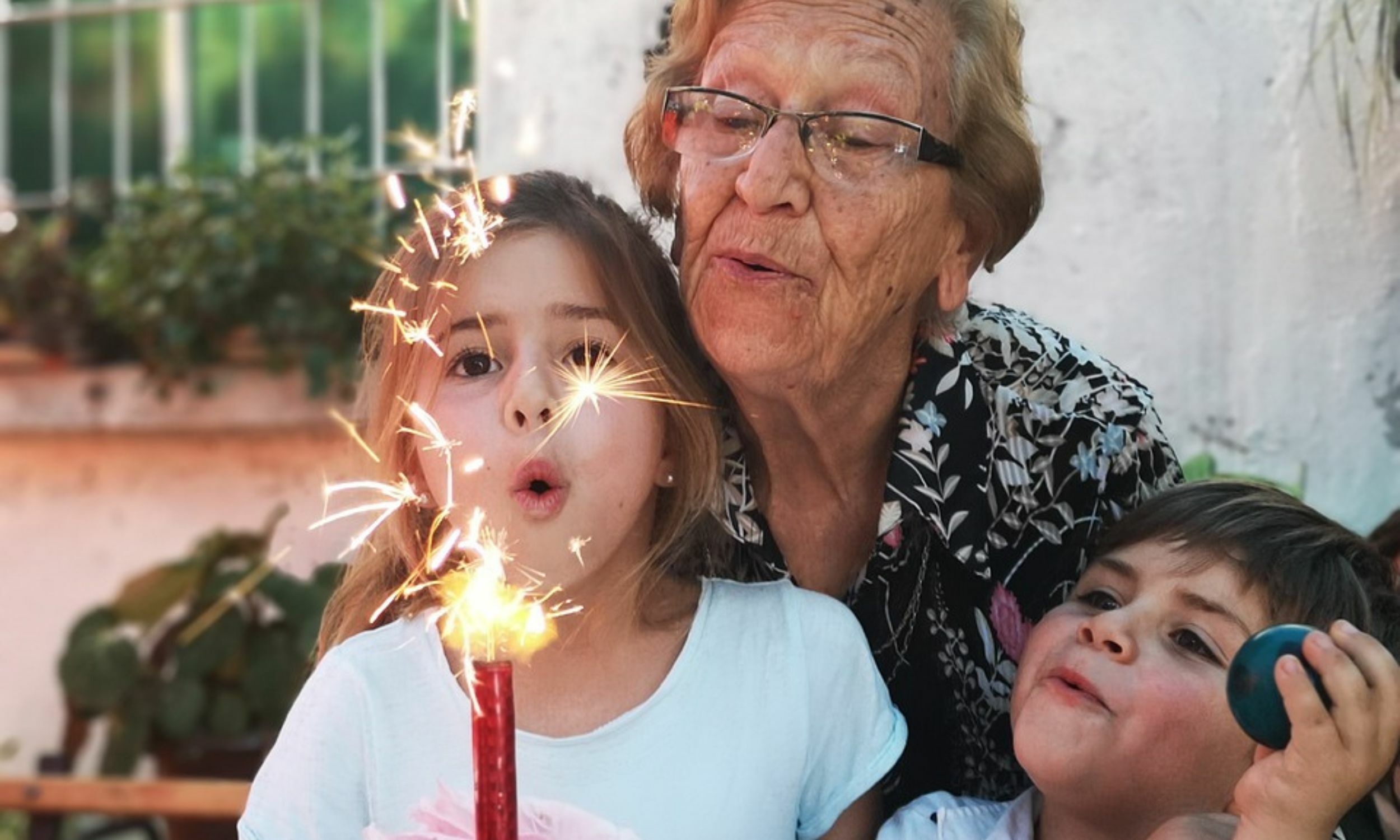My mother has dementia. How can I explain what’s going on to my eight-year-old son who doesn’t understand why his grandmother is behaving differently?
Changes in someone with dementia, such as memory losses, are usually small at first and children will adapt to them, especially if Grandma is living with the family. It’s best to explain as early as possible that Grandma has a disease that affects how her brain works which will make her behave differently at times. As a rule, grandparents love their grandchildren dearly, so it may help to add that although the brain disease will affect the way Grandma behaves towards him, even sometimes forgetting who he is, her heart will always know that she loves him.
It’s important that children, with their ego-centric development, understand that it isn’t their fault, and to explain that when Grandma behaves worryingly, it’s because of the brain damage. Even quite young children can understand that the brain is our ‘central control’, and when damaged by dementia it doesn’t work properly. Some children will want to know more, while others are contented with knowing enough in the moment, so don’t overload, just give simple information and answer questions.
My friend David, who has been living with dementia for around two and a half years, recently celebrated his 90th birthday. Some of his grandchildren came to his birthday party and they were delighted with each other’s company, although after a while the sensory input was too much for him and he retreated to his bedroom. His grandchildren had been told that Granddad had an illness that affected his brain, but they may not have detected any difference in him because David has always been a quiet, gentle man and his dementia has made him even quieter, with a tendency to withdraw. His wife said he clearly enjoyed their company, and smiled a lot.
People are as different and as unique with dementia as they are in life. Some are quiet, like David, but families can find themselves dealing with dementia related behaviour and mood swings. Grandma may become frustrated and shout, and it’s important that your son doesn’t feel that it’s his fault. Explain that it’s the disease that’s making her behave like this, and it isn’t her fault either because she isn’t in control. She may have hallucinations or could ‘time travel’ back to the past. When this happens remind your son that Grandma’s brain isn’t working properly and is causing her to see and believe things that are not real or true; encourage him to use his imagination and see the world through her eyes.
Children take their lead from adults, especially their parents, and your son will copy your approach and coping tactics, especially the love you show your mother.






































